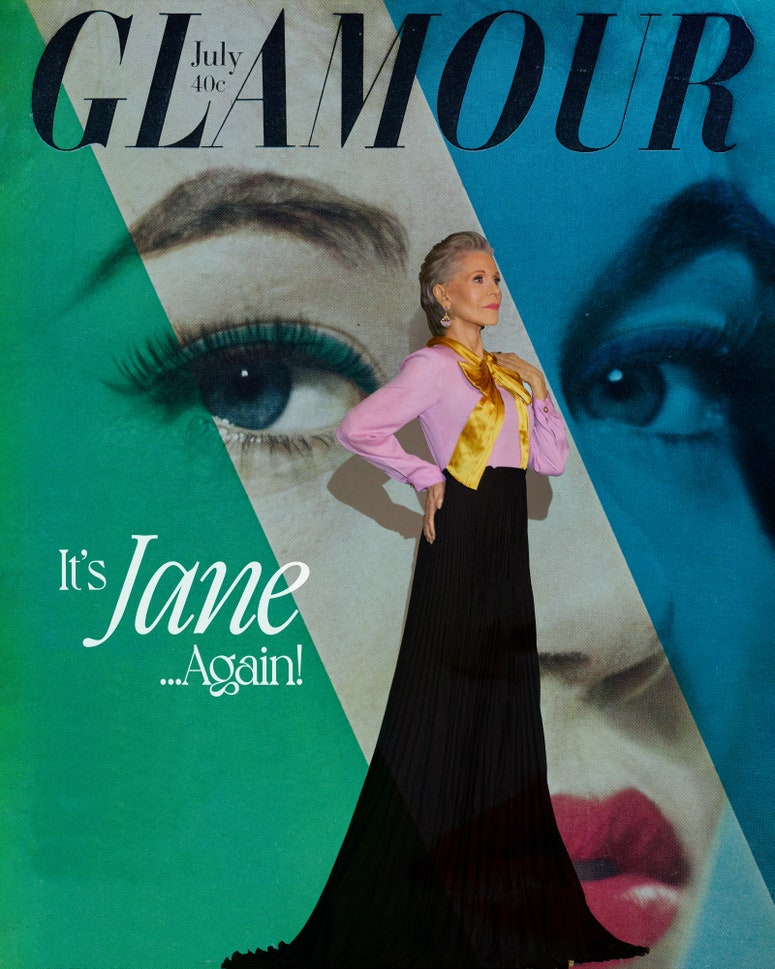
Jane Fonda says she wasn’t always the best mom to her three children, but she says she’s trying to make that up to them now.
The actor revealed during an interview with CNN‘s Chris Wallace on Friday, February 24 that when she was younger, she didn’t always know how to be the type of parent she wanted to be. Fonda, who has three children, 55-year-old Mary Williams, 54-year-old Vanessa Vadim, and a 49-year-old son Troy Garity, told the host, “I was not the kind of mother that I wished that I had been to my children. I have great, great children—talented, smart. And I just didn’t know how to do it.”
She went on to explain, “I’ve studied parenting, and I know what it’s supposed to be now. I didn’t know then. So I’m trying to show up now.” The 80 for Brady star shares her son with her late second husband, Tom Hayden, who also adopted her eldest daughter, and Vanessa is her child with her late first husband, French screenwriter and producer Roger Vadim. In 2013, Mary released a memoir titled The Lost Daughter about being adopted by Fonda as a teenager after growing up neglected in an impoverished family.
Fonda also previously spoke with regret about all of the challenges and hardships she faced as a young woman during an appearance on the Call Her Daddy podcast. “It is so hard to be young. Don’t let anybody fool you,” she said. “What am I supposed to do? Who am I supposed to know? Who am I supposed to become? What am I supposed to be interested in?” She noted, however, those ideas get easier as you get older. The actor continued, “Most of the hardships that I’ve gone through in my life happened earlier in my life. I suffered bulimia very, very bad. I led a secret life. I was very, very unhappy. I assumed I wouldn’t live past 30. I’m 85.”
Earlier in the episode, the aerobics aficionado also explained how her world changed when she stopped trying to muscle through those hard times alone and started leaning on and opening up to the people around her. “Most of the hardships that I’ve gone through in my life happened earlier in my life and earlier in my life, I never reached out for help,” Fonda said. “I considered it a big weakness. I wanted to be like a guy, you know. ‘I don’t need anybody,’ kind of thing.”
She continued, “Earlier in my life—and I’m talking 30s, 40s, 50s, 60s—the mark of maturity was independence. I don’t need anybody. I’m grown up now. There was no recognition of interdependence. And, of course, that was especially true for men…and that was part of the culture, but that began to change. So my change also corresponded to a broader societal change, which I’m afraid is kind of going back to the way it used to be—rugged individualism, you know, ‘I’m only going to think about me and my family.’ And this is a time, if ever there was one, when we have to understand that we have to work together and that we are interdependent.”



